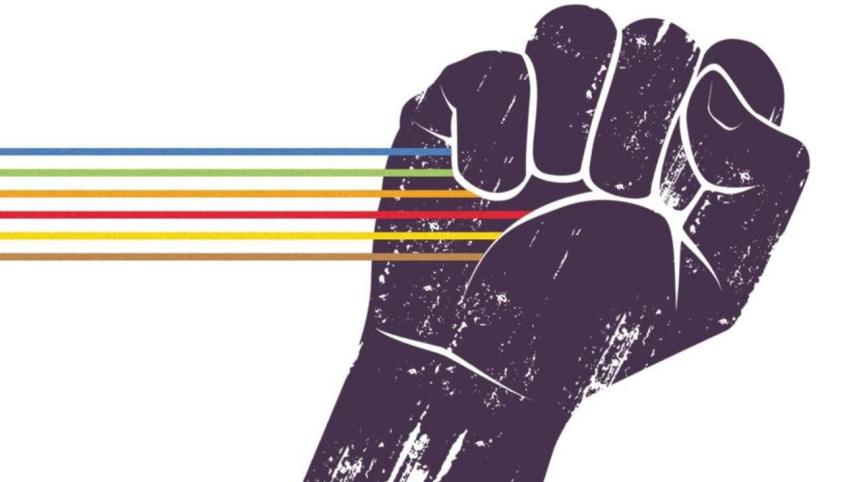The 27 conditions and Bangladesh politics

The 27 conditions imposed by the police on the BNP for holding a public meeting is another example how indirect pressure is applied to keep the opposition under the thumb. But the DMP should not get away with the idea that people cannot see through the shenanigans it employed to prevent the BNP from organising a gathering in Dhaka. While some of the 27 points were related to public interest, and one must appreciate the police's concern in this regard, one wonders whether such conditions had also been put on other political parties holding public gathering in the past; and will this be applicable to all such meetings in the future.
The proposed public meeting was to observe November 7, a day which has been given different appellations by different political parties, and many question the rationale for a political party that was not even formed in 1975, for observing the day as "Revolution and National Solidarity Day." Can one build solidarity on the blood of officers?
It is an irony that the only political party that was instrumental in creating the events leading up to November 7, 1975, and hoping to reap political benefits from it, not only disowns the day now but never passes up the opportunity to excoriate the BNP, in particular its founder and the present leaders, perhaps because the outcome of the event did not go its way.
But be that as it may, holding public meeting is a democratic right. But some of the conditions laid down by the police were ludicrous and betrayed the actual intention as well as the double standards in dealing with the main opposition party. Engineers' Institute was never even a choice of the BNP. And can a political party organise a rally, and that too within the time caveat of 2:00 pm to 4:30 pm having received the DMP permission the same very day? And, for example, the condition that the BNP party members cannot approach the site in procession, imposed out of the very rhapsodic consideration for public inconvenience, was in stark contrast to what we saw during the recent Council of the ruling party when a good part of the main road was off limits to general traffic, albeit for some period, and special traffic arrangements were laid out for the two days. And one wonders whether the AL had to arrange firefighting equipment on their own, as the BNP was required to do.
It was not as if this is the first time that one witnessed the exercise of a perfectly legitimate political activity blunted by directives and conditions of the law enforcing agencies. In March of 2012, 19 directives and 11 conditions were laid down by the police for the BNP to hold its rally in Dhaka. Everything was done to see that the rally could not take place then, and everything has been done short of a direct refusal by the police, to see that it could not hold the November 7 rally. It seems as if the largest spot for holding public gathering in the capital is reserved for the AL. That is the only conclusion a non- partisan observer can draw from the contrasting ways that the request for the use of the venue was treated.
That this should be the dispensation meted out to the only opposition party worth the name in the country dis-embellishes democracy. It is for democracy and freedom of speech that so many sacrificed so much, and to see that these very basic rights so severely abridged is alarming.
The activity of the main political party has been restricted to press conferences and insipid comments on some statement or action of the government. And they cannot even gather in front of their party office.
And the government is happy sitting smugly on their laurels of development. Political discussions are hogged by the most dangerous refrain, "development first", given wide currency by the ruling party that the subject of development must prevail over any other matter during any discussion on national issues, including democracy and mode of election. And the ruling party is sitting smugly too on the prospect that the BNP shall have to come to the elections on the terms and conditions that AL sets. In the meanwhile, if BNP can be kept ineffective by preventing it from conducting political activity why not.
Not long ago in these very columns we opined that Bangladesh was falling into a state that Francis Fukuyama described as "Democratic Recession" following what his mentor Samuel Huntington described as the cresting of the "Third Wave" of democratisation around the world in the late 1990s. Interestingly, Bangladesh was caught in that very dynamics of the "Third Wave" which had started in the 1970s, its quest for democracy and democratic order having culminated in a war of liberation and establishment of a free country that coincided with the seminal stages of the "Third Wave." Regrettably, it seems that we have regressed even farther in the last four years.
The writer is associate Editor, The Daily Star.

 For all latest news, follow The Daily Star's Google News channel.
For all latest news, follow The Daily Star's Google News channel.